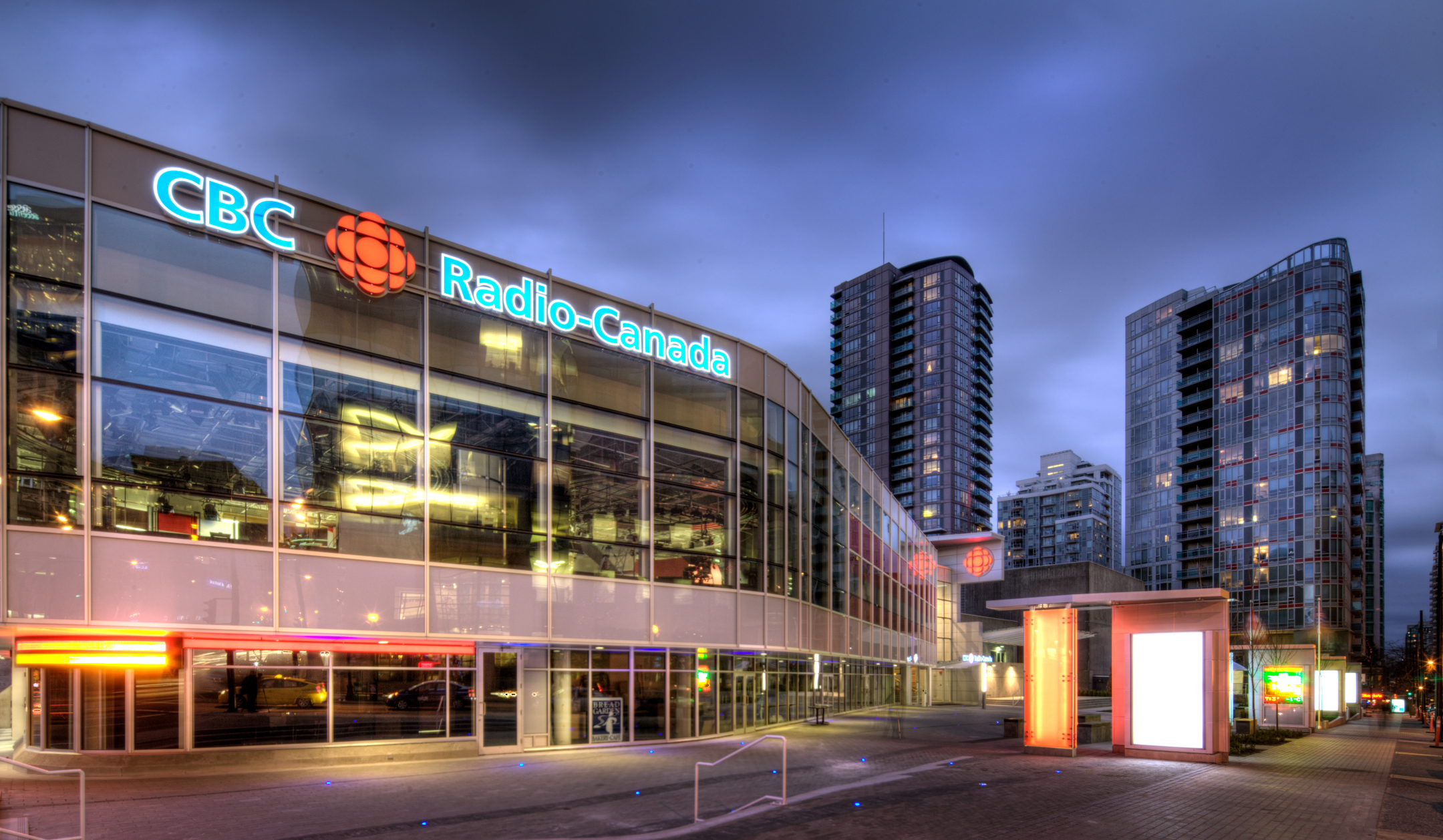The complainant, David Anderson, thought the emphasis on racism in a National and online look at the plight of Indigenous students who go to Thunder Bay to complete high school was inaccurate and biased.
I found the piece addressed some of the complexities of the issue and it was appropriate to include racism.
COMPLAINT
You objected to an article on the cbcnews.ca website entitled: “Unsafe harbour: Parents weigh school versus safety in Thunder Bay.” The item was a compilation of material from a special report that had been broadcast on The National. You thought it was both inaccurate and biased. You said it “laid the blame for the numerous native student deaths in Thunder Bay on racism.” This is not true, you stated, the cause of death as revealed in an inquest was drugs and alcohol:
Only once was alcohol, drugs, and depression mentioned, and that was in the second paragraph of the opening remarks. There was no mention of how the students died other than they ended up in the river or in the floodway. The theme throughout the whole piece was that racism was rampant in Thunder Bay, and that racism was the cause of their deaths.
You said that blaming the deaths on racism is a “blatant lie.” You were concerned that the reporting was biased because it only presented one point of view:
I believe that journalists are supposed to present the facts of a story, and not tell the story from the native’s point of view, which in this case is totally false..
MANAGEMENT RESPONSE
Jonathan Whitten, the Executive Director for News Content, replied to your complaint. He explained that the story you referenced was one treatment of a complex subject. The method here was part of a special report which began with the problem for many isolated Indigenous communities. He made clear this treatment was a “broader view” of a series of stories CBC News has been following for some years. He explained that CBC has covered the specific stories of the nine young people who have died over the last seventeen years in Thunder Bay. He said that there have been many stories which dealt with the complex issues affecting Indigenous young people who come to Thunder Bay. He explained how the story was structured, and what its purpose was:
We began with the problem: For many isolated Indigenous communities, we said, the only way young people can get a high school education is to come to Thunder Bay. Doing that means leaving their small communities, families and friends to come to the city and the anxiety and temptations that come with it. “They can be particularly vulnerable to pressures ranging from alcohol and drugs to depression, to racism”, the story said.
The result, the story explained, is that many families are refusing to send their children to school in Thunder Bay. And that is where this story started.
He added that Rosemary Barton, one of the hosts of The National, went to Deer Lake to present the experience and views of two different families – one whose child was going to Thunder Bay for high school, and the other who had decided against the move. He noted that was the “heart of the story.”

